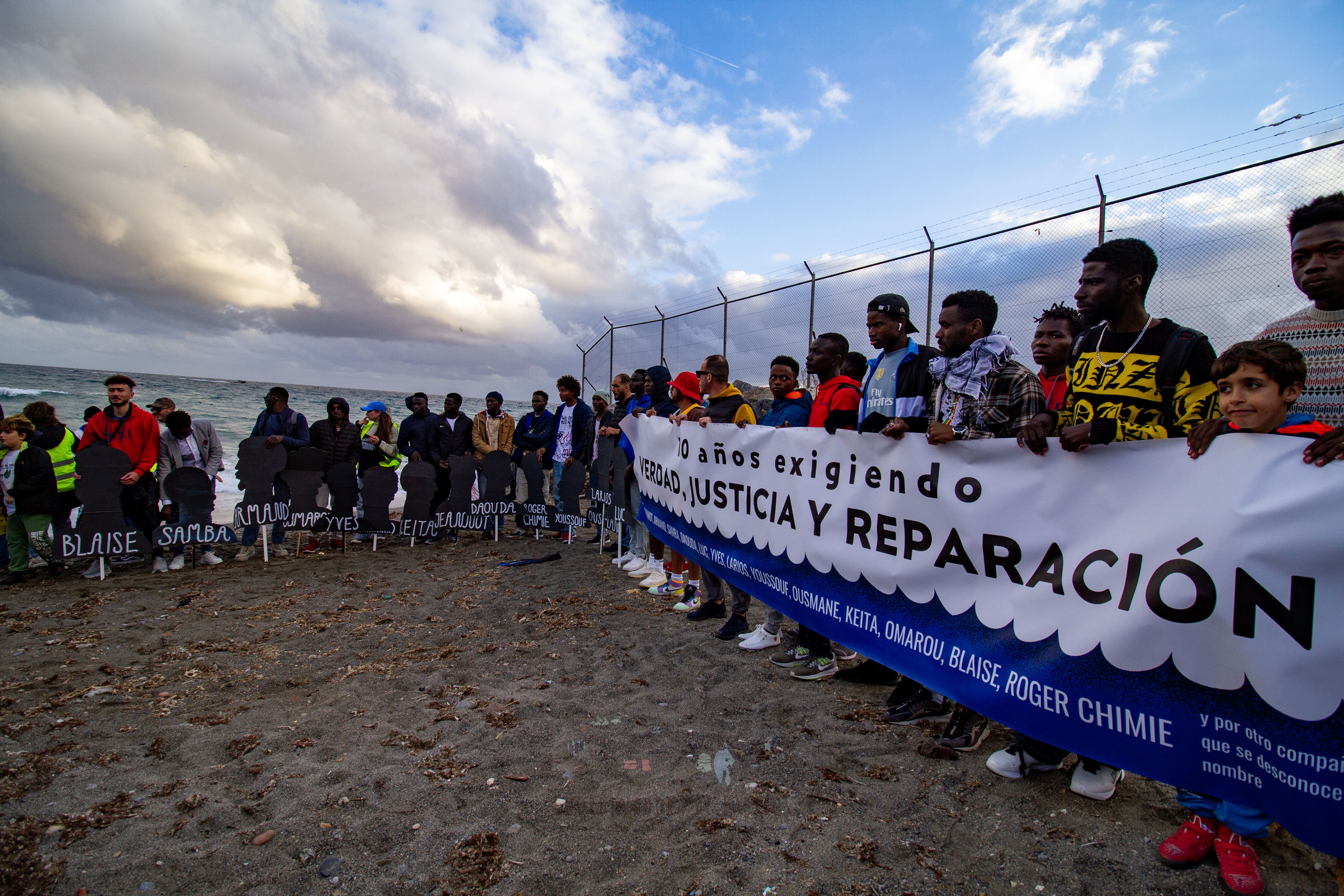Gambia takes the first step towards re-authorizing ablation
- The Gambia National Assembly has just discussed a bill to abolish the ban on female genital mutilation (clitoral ablation). In recent years, ablation has increased despite legal attempts to paralyse it.

42 lawmakers have voted the bill to eliminate legal harassment of this practice, banned in the Gambia since 2015. After the votes, the committees may propose amendments before their return to Parliament for final reading within three months.
If this project is accepted, the smallest African State would be the first country in the world to eliminate this ban. In 2015, the Gambia passed a law prohibiting ablation, with fines or prison punishments, and received criticism from politicians and religious leaders such as radical imam Abdoulie Fatty, famous for being a spiritual advisor to dictator Yahya Jamatom, who was in power from 1994 to 2016, advocated homophobia and religious ablation.
Fatty argues that clitoral mutilation and sometimes vaginal lips "limit" girls, and that the husbands of women who have not been mutilated suffer because "they cannot satisfy the sexual appetite of their wives". According to a report by Unicef, 73 per cent of adolescent gambians aged 15 to 19 have suffered ablation.
In many African countries, and to a lesser extent in Asia, ablation is practised and almost four and a half million girls are exposed to mutilation. "A serious violation of fundamental human rights," said Antonio Guterres, UN Secretary-General in February.








